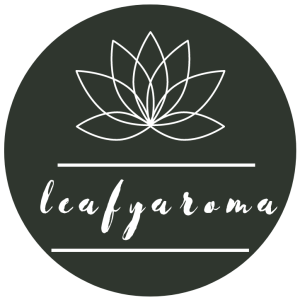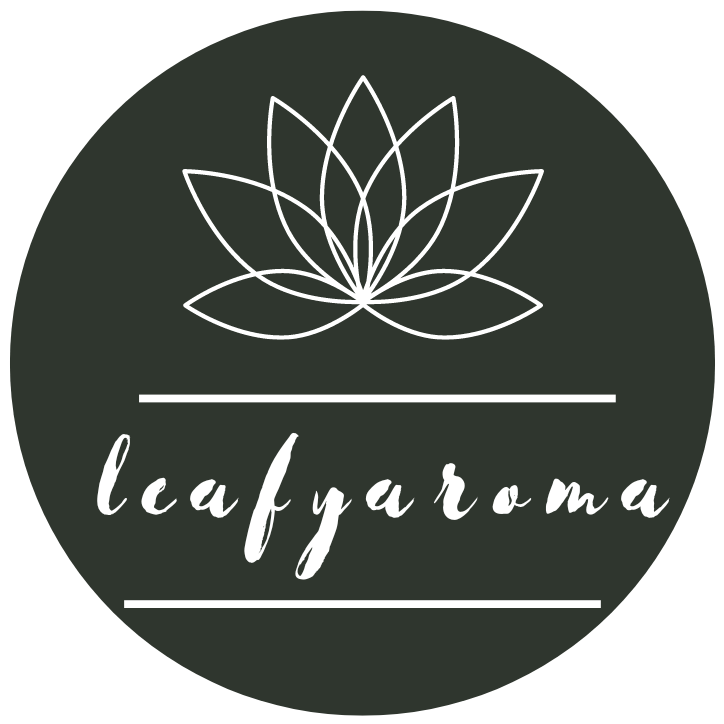Drinking a specific amount of water in dawn in the early morning is called Ushapan in ayurveda. Ushapan is a Rasayana Therapy in ayurveda, which plays a very important role in preventive ayurveda.
Drinking water in the morning can prevent and help to manage abdominal disorders including constipation, malabsorption and piles. It also helps with urinary disorders and blood disorders. It is also beneficial in diseases of upper parts of the body including head, nose, ear and throat. It is highly useful in the prevention and treatment of skin diseases.
Ushapan Vessel
There are mainly three
types of vessels are used for keeping water overnight for Ushapan.
- Golden
Vessel. - Earthen Pot.
- Copper Pot.
Thin people and people
with Vata
body type and Pitta
body type should drink water kept in a golden
vessel. If you cannot afford a golden
vessel, then you can drink water kept in the earthen
pot overnight.
Overweight or obese
people or people with Kapha
body type should drink water kept in a copper
vessel overnight.
Alternatively, you can
drink warm water. Warm water and water kept in a copper vessel also help to reduce weight in addition to other
benefits.
How much water should I drink in Ushapan?
The amount of water varies
person-to-person. It depends on how much water you can hold in 8 Anjali.
Anjali is a Sanskrit word, which means concavity formed
by adjoining both hands. 8 Anjali means the amount of water that you can measure 8 times in the concavity
formed by adjoining both hands. For example, if you can hold 100 ml water in 1 Anjali,
then your drinkable water recommendation is 800 ml.
So, you have to measure the
water quantity suitable for your body
yourself. The water that you can hold in 8 Anjali, you should drink in
the morning.
Right Time for Ushapan
When should I drink
water in the morning?
Ushapaan consists of two
words â Usha and Paan. Usha means dawn and Paan
means taking or drinking. It occurs just a few minutes before sunrise when
light becomes visible all around, but the sun
does not appear in the sky yet. This is a
perfect time.
Ayurveda recommends
waking up in Brahma Muhurta, which is around 96 minutes before sunrise. Usha
means dawn, which is nearly just before sunrise. So, there is around 60 minutes
gap between the time of Brahma Muhurta
and Dawn.
There is no specification
mentioned in ayurveda literature that you should drink water before or after
cleaning teeth and tongue. Morning saliva has some healing properties if it is
applied externally on the skin lesion.
The flow of saliva reduces significantly during sleep, which allows microbial growth in the mouth. This process also results in bad breath in the morning. However, lysozyme, an enzyme, present in saliva prevents microbial overgrowth. But bacterial growth due to the diminished flow of saliva during sleep still causes bad breath in the morning. (Ref)
When you follow Dinacharya, you can see, most of the morning
activities get completed until dawn if you wake up in Brahma Muhurta. So, if we follow the definition of Ushapan, then you
should drink water after all morning cleaning activities. So, my opinion is you should drink water after cleaning
your teeth and tongue.
Still, itâs your personal
decision when you want to drink water in the morning. You can also drink water
before bowel evacuation or after cleaning your teeth and tongue. I personally
drink water after cleaning my teeth.
Ushapan Benefits
Drinking water in the
morning prevents and cures almost all diseases. Especially, it is helpful in
piles, Grahani disease (irritable bowel syndrome), fever, obesity, diseases of
organs located in the upper part of the
body (above the neck). It helps in
diseases of the ear. It improves
longevity. It is also useful in urinary disorders and blood disorders.
Cleanses Stomach and Intestine
Ushapan cleanses the
stomach and intestine. Water enema cleans
the colon and large intestine. Enema has no reach to the stomach and small intestine. For detoxifying
stomach and small intestine, Ushapan is the best
technique. It removes the undigested or poorly digested food particles from the
walls of the small intestine and improves
nutrients absorption and digestion of food that you eat in the following meal.
Because the undigested
food particles are the main cause of constipation, indigestion and acid peptic
disorders. So, Ushapan benefits in the prevention
and treatment of these diseases.
Irritable Bowel Syndrome
In ayurveda, Ushapan is
recommended for Grahani Rog, which is correlated
with irritable bowel syndrome. In Grahani Rog, Ama Dosha is the main cause. Ama dosha is formed
due to undigested or poorly digested food particles. As we discussed earlier,
it removes undigested food particles from the walls of the small intestine, so it ultimately eliminates
the cause of irritable bowel syndrome. Thus, it helps in the management and
treatment of irritable bowel syndrome.
Reduces Weight
During Ushapan, if you
drink water kept in a copper pot, it aids
in reducing weight. Copper charged water has additional properties that reduce Kapha Dosha in the body,
which induces fat loss.
Cleanses Kidneys and Urinary Bladder
Ushapan benefits in
cleansing the kidneys and urinary bladder. If you suffer from kidney stone
or debris in the urinary bladder, its cleansing effects are very beneficial for removing
the stone from the kidney and debris from
the urinary bladder. It also prevents frequent urinary infections (UTIs).
Ushapan Contraindications
Ushapan is not suitable
for all people. It has a few contraindications.
When should I not drink
water in the morning?
- A person who undergoes for Oleation Therapy should not drink water in the morning.
- You should not drink water after eating oily and fatty foods.
- If you have any chest injuries, you should avoid drinking water in large amount in the morning.
- During Panchakarma: while undergoing any of panchakarma procedure, drinking water in the morning is contraindicated.
- Excessive Hiccup: if you are suffering from excessive hiccup, you should not drink water in the morning.
- Loss of appetite due to any Kapha and Vata Disorders.
- If you suffer from abdominal heaviness or stiffness in the abdomen or distension of the abdomen, then you should also not drink water in the morning.
Reference
- Nighantu Ratnakar, Chapter: Rasayana



